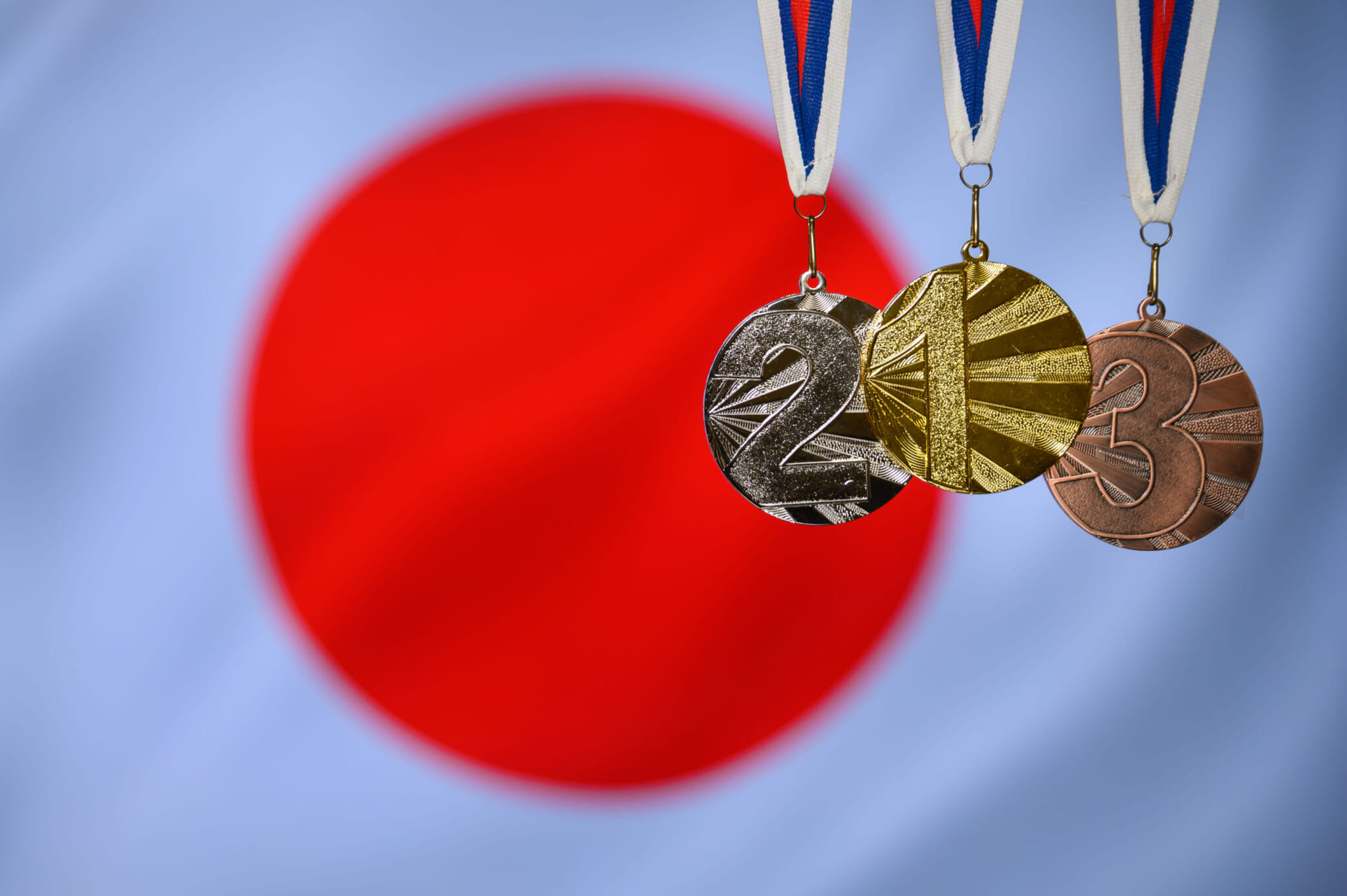Japan finished the Paris Paralympics with 41 medals, 11 shy of the country’s previous best of 52 at the Athens Games in 2004. After a relatively slow start, it was a strong finish for the Japanese team, who won six golds in the last three days. One of them came from the nation’s most famous Paralympian Tokito Oda in men’s wheelchair tennis. He defeated Great Britain’s Alfie Hewett 6-2 4-6 7-5 in a thrilling final at Roland Garros on Saturday. Losing 5-3 in the final set, Oda survived a match point before going on to win the last four games.
A day earlier, Yui Kamiji topped the podium in women’s wheelchair tennis. She came from one set down to defeat defending champion Diede de Groot of the Netherlands 4-6 6-3 6-4. It was a rematch of the final at the Tokyo Paralympics when de Groot won in straight sets. This time, Kamiji overcame her Dutch opponent for the second time in as many days. Last Thursday, she secured the gold medal alongside Manami Tanaka in the women’s doubles. They defeated de Groot and Aniek van Koot in the final. In the men’s doubles, Oda and Takuya Miki lost in the final to Britain’s Hewett and Gordon Reid.
Keiko Sugiura Extends Record As Japan’s Oldest Gold Medalist at the Paralympics
On Saturday, Keiko Sugiura, 53, extended her record as Japan’s oldest gold medalist at the Paralympics. She broke the record three years ago at the age of 50, winning gold in the road race and time trial in what was her first ever Games. She defended her title in the road race in France. One day prior, Keiichi Kimura won his second gold of the Paris Paralympics. He finished ahead of Ukrainian world record holder Danylo Chufarov and compatriot Uchu Tomita in the men’s S11 100-meter butterfly to defend his crown from the Tokyo Games. Yujiro Seto and Junko Hirose also won judo golds. Japan ended the Paralympics 10th in the table with 14 gold, 10 silver and 17 bronze medals.








